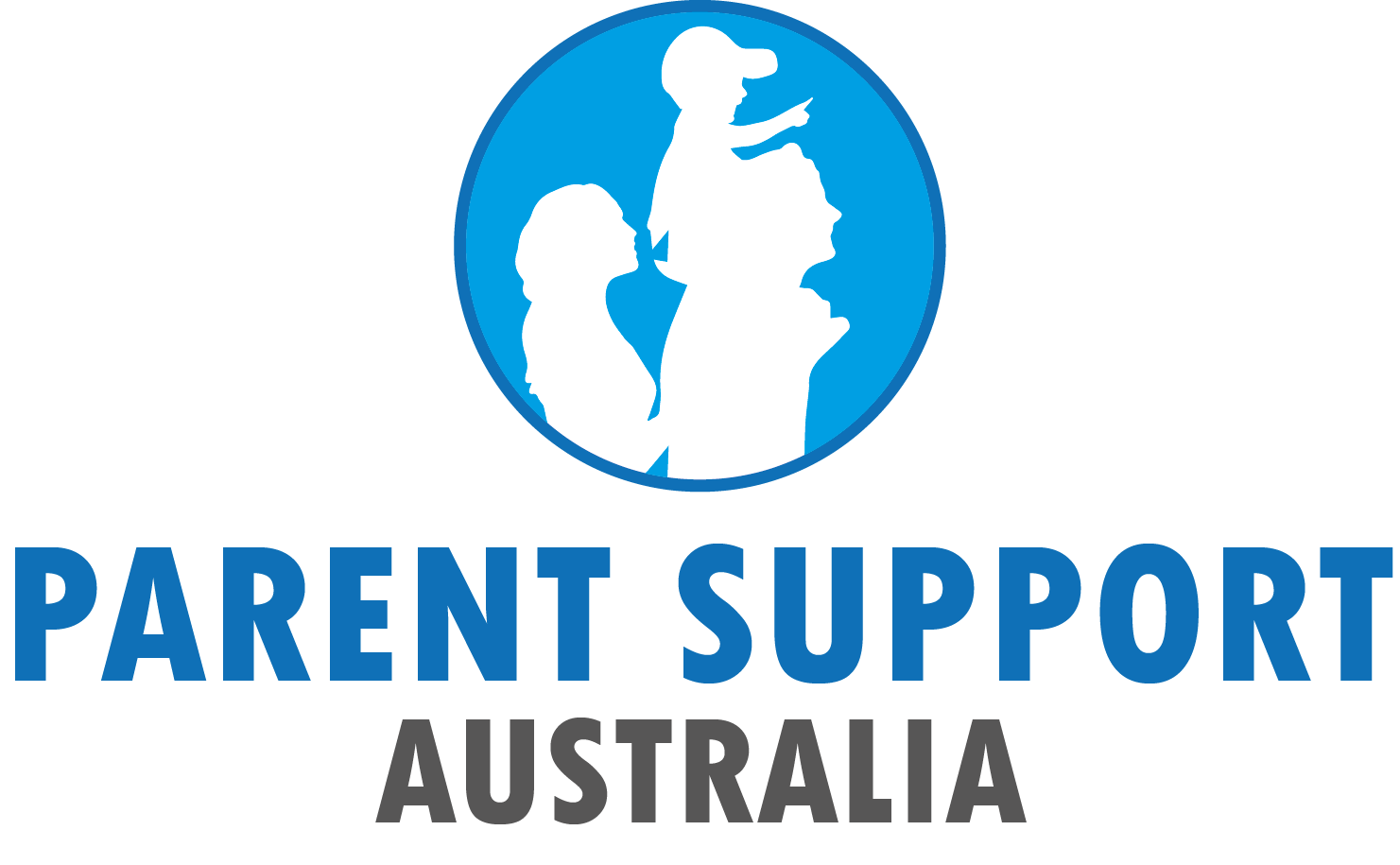There is an approximately 20% chance of being diagnosed a ‘high-risk’ mother to-be in any given pregnancy. The psychological and social impact of such a diagnosis can be tremendous, especially if it recurs after each pregnancy or has had a critical outcome, such as a disability or death of a baby.
The first thing to consider is the amount of stress a mother, her partner and the other family members may experience as a result of the condition. For instance, it may be that the things the mother used to do within or outside the house can no longer be managed. Often tasks such as housework, grocery shopping, paying bills, child-care and other general housekeeping have to be split with the rest of the family, bringing stress, anxiety and re-organisation. Financial constraints may also arise. For example, the mother may have to give up work for a while and may not be entitled to paid leave or may receive a lower benefit payment. Also, from an emotional point of view, the parents may also experience distress or fear of something happening to the baby while feeling angry and frustrated about the situation. Alternatively, it is not uncommon for some parents to try to diminish the potential impact of a high-risk pregnancy by carrying on just as before.
Family members may experience a range of feelings, from denial to blame, guilt and a sense of failure or ambivalence. In some circumstances, denial is potentially harmful to both mother and child. Certainly, some parents may react with disbelief to the diagnosis and continue to run the household and carry out work or other activities just as they did before the pregnancy. Guilt can affect either of the parents; the mother may feel guilty if it is her health that is the source of the risk or the father may feel guilty if he feels he is responsible for the pregnancy. The perception of ‘failing’ in the pregnancy may be problematic if either of the parents associates successful childbearing with success as a man or a woman, husband or wife. Indeed, they may lose confidence, self-esteem, stop trusting their bodies or themselves and may even imagine that everyone around them also regards them as a failure. Another common emotion for the family experiencing a complicated pregnancy is ambivalence or mixed feelings. For instance, the mother may feel worried for her child while also feeling angry with him or her for being the ‘basis’ for the current situation or complications. The father may feel sorry for his wife who is forced to rest in bed, but also feel resentful towards her for having to do all the chores after coming home from work. Similarly, the children may feel happy to be involved in the ‘team work’ while feeling bitter about the new sibling and all the attention around him or her. These are only examples of how the family dynamics may be affected by any enforced changes in family life or its routine following the diagnosis of a high-risk pregnancy. In order to assist with such stress factors and to prevent major crisis within the family circle, here are some suggestions that were found useful by other mothers in similar situations.
- Approach your hospital team – obstetrician, midwife, paediatrician, chaplain, nurses and counsellors beforehand – introduce yourself, and get to know them.
- Have an ‘emergency’ plan ready, in the event that you have to be hospitalised:organise and list who would pick the children up, provide meals, do household chores and so on.
- Learn about your condition and inform your family.
- Employ a cleaner, babysitter or gardener to suit your needs.
- Rearrange family activities according to your health requirements or the instructions of your obstetrician (play games together on the bed for the bedresting mother or watch movies or reading books rather than playing outside for the mother who has to sit).
- Make plans as a family for things you will do after the baby comes home (for example, holidays, rearranging the children’s rooms or shopping trips).
- Relaxation exercises
- Quality time with each family member.
